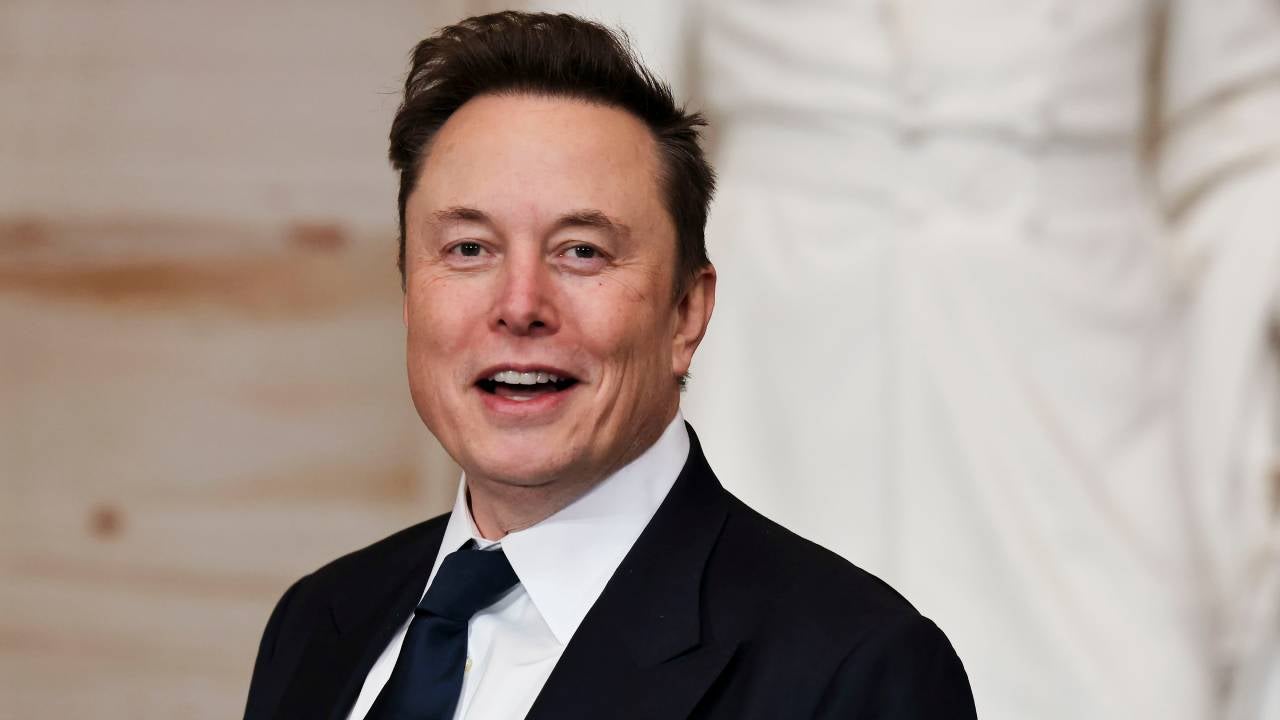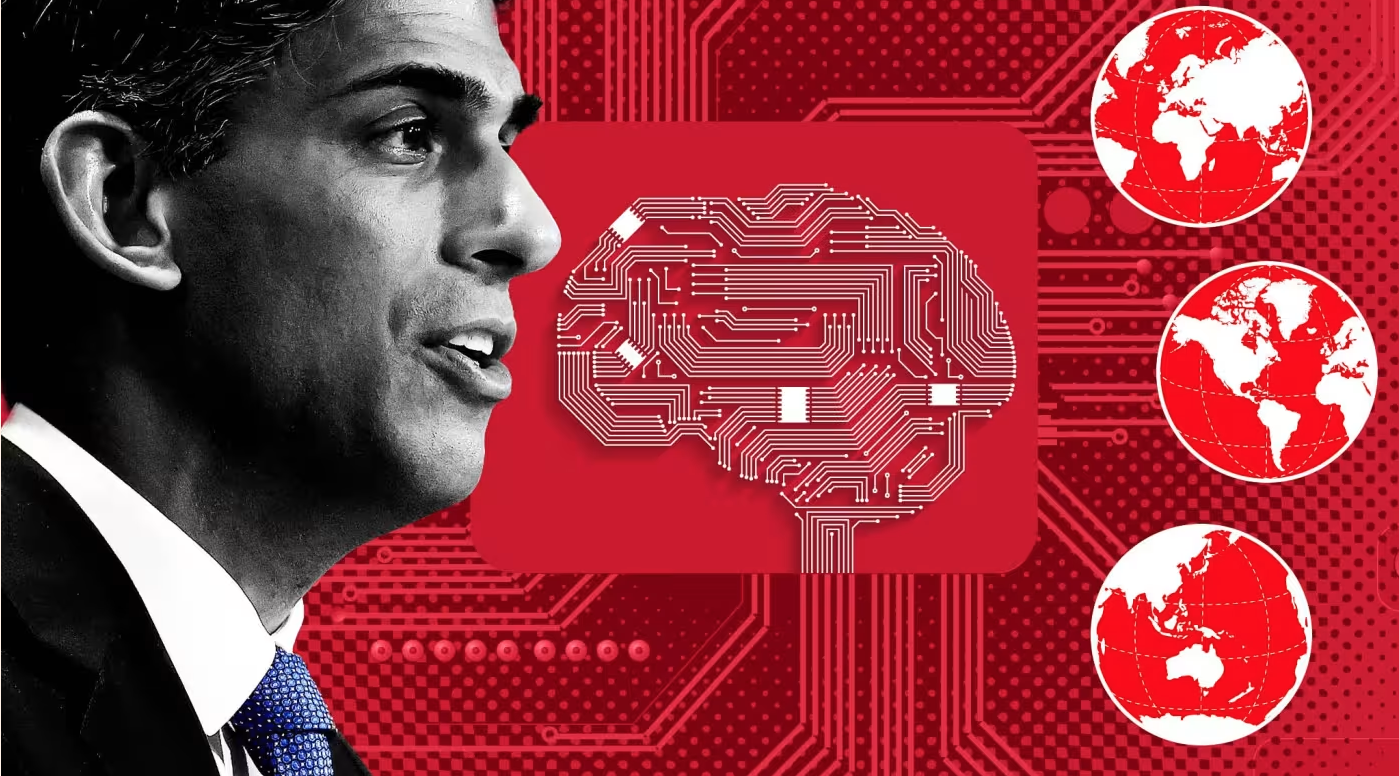Breaking: Elon Musk’s artificial intelligence startup xAI has filed a comprehensive federal lawsuit in Texas against tech giants Apple and OpenAI, alleging an illegal conspiracy to monopolize the AI market and stifle competition.
xAI filed the lawsuit in U.S. federal court in Texas on Monday, August 25, 2025, accusing Apple and OpenAI of illegally conspiring to thwart competition for artificial intelligence. The 61-page complaint alleges the tech giants formed an illegal partnership to stifle competition in artificial intelligence and smartphone markets.
The lawsuit centers on several key allegations against Apple’s App Store practices:
- Ranking Manipulation: xAI alleges Apple favors OpenAI in its App Store rankings and deprioritizes competitors like xAI’s social media app X and Grok, with Apple “deprioritizing” the apps of competing generative AI chatbots.
- Update Delays: The complaint states that Apple has been delaying App Store updates for competing AI applications.
- Data Access Restrictions: xAI complains that it has not been able to get data from billions of iPhone users for training Grok because of Apple’s restrictions.
Exclusive Partnership Claims
Apple and OpenAI’s exclusive arrangement has made ChatGPT the only generative AI chatbot integrated into the iPhone. This partnership, according to the lawsuit, creates an unfair competitive advantage that locks out other AI companies from meaningful market access.
Background: Escalating Tensions
This lawsuit follows weeks of public threats and accusations from Musk. Two weeks prior to filing, Musk had threatened “immediate legal action” on his social media platform X, stating that “Apple is behaving in a manner that makes it impossible for any AI company besides OpenAI to reach #1 in the App Store, which is an unequivocal antitrust violation.”
Legal Framework and Claims
Antitrust Violations
The companies are accused of having “locked up markets to maintain” their dominant positions in the AI space. The lawsuit describes this as an “anticompetitive scheme” designed to harm AI rivals.
Market Impact
The legal action argues that this alleged conspiracy has:
- Prevented fair competition in the AI chatbot market
- Limited consumer choice in AI applications
- Created artificial barriers to market entry for competitors
- Leveraged Apple’s iOS ecosystem dominance to benefit OpenAI exclusively
The Players Involved
xAI and Related Companies
Both Elon Musk’s companies xAI and X (formerly Twitter) filed the sweeping US antitrust lawsuit. This suggests the case encompasses broader concerns about how the alleged conspiracy affects multiple aspects of Musk’s tech ecosystem.
Apple-OpenAI Partnership
Apple last year partnered with OpenAI to integrate ChatGPT functionality into iOS devices, including Siri and other system-level features. This partnership forms the foundation of xAI’s conspiracy allegations.
Industry Context
The lawsuit comes amid intense competition in the AI space, where companies are vying for user attention and market share. The integration of AI assistants into mobile operating systems represents a crucial battleground, as it determines which AI services billions of users will primarily interact with.
App Store Dynamics
The complaint highlights broader concerns about Apple’s App Store ecosystem and its power to determine which applications succeed or fail. With over a billion iPhone users globally, App Store rankings can make or break mobile applications, particularly in competitive categories like AI chatbots.
Legal Venue and Strategy
The case was filed in Texas federal court, following a pattern of tech antitrust cases being litigated in jurisdictions perceived as more favorable to challenging Big Tech practices. The choice of venue may also reflect strategic considerations about judicial precedent and procedural advantages.
Potential Implications
For the AI Industry
If successful, the lawsuit could:
- Force changes to Apple’s App Store policies regarding AI applications
- End or modify the exclusive Apple-OpenAI partnership
- Create more equitable access to iOS users for competing AI services
- Set precedents for how mobile platform holders must treat AI applications
For Consumers
The case could potentially lead to:
- Greater choice in AI assistants on iOS devices
- More competitive AI application rankings
- Improved innovation through increased competition
- Changes to how AI services are integrated into mobile ecosystems
Company Responses
As of the filing, neither Apple nor OpenAI had issued official responses to the lawsuit. The companies have historically defended their partnership arrangements and App Store policies as benefiting consumers through improved user experience and security.
Looking Ahead
This lawsuit represents one of the most significant legal challenges to emerge from the rapidly evolving AI industry. The case will likely face months or years of litigation, during which time the AI competitive landscape may continue to shift dramatically.
The outcome could influence not just the specific companies involved, but also establish important precedents for how antitrust law applies to AI partnerships and mobile platform ecosystems in the digital age.
The tech industry will be watching closely as this case proceeds, particularly as other AI companies may be considering similar legal challenges against dominant platform holders and their exclusive partnerships.




